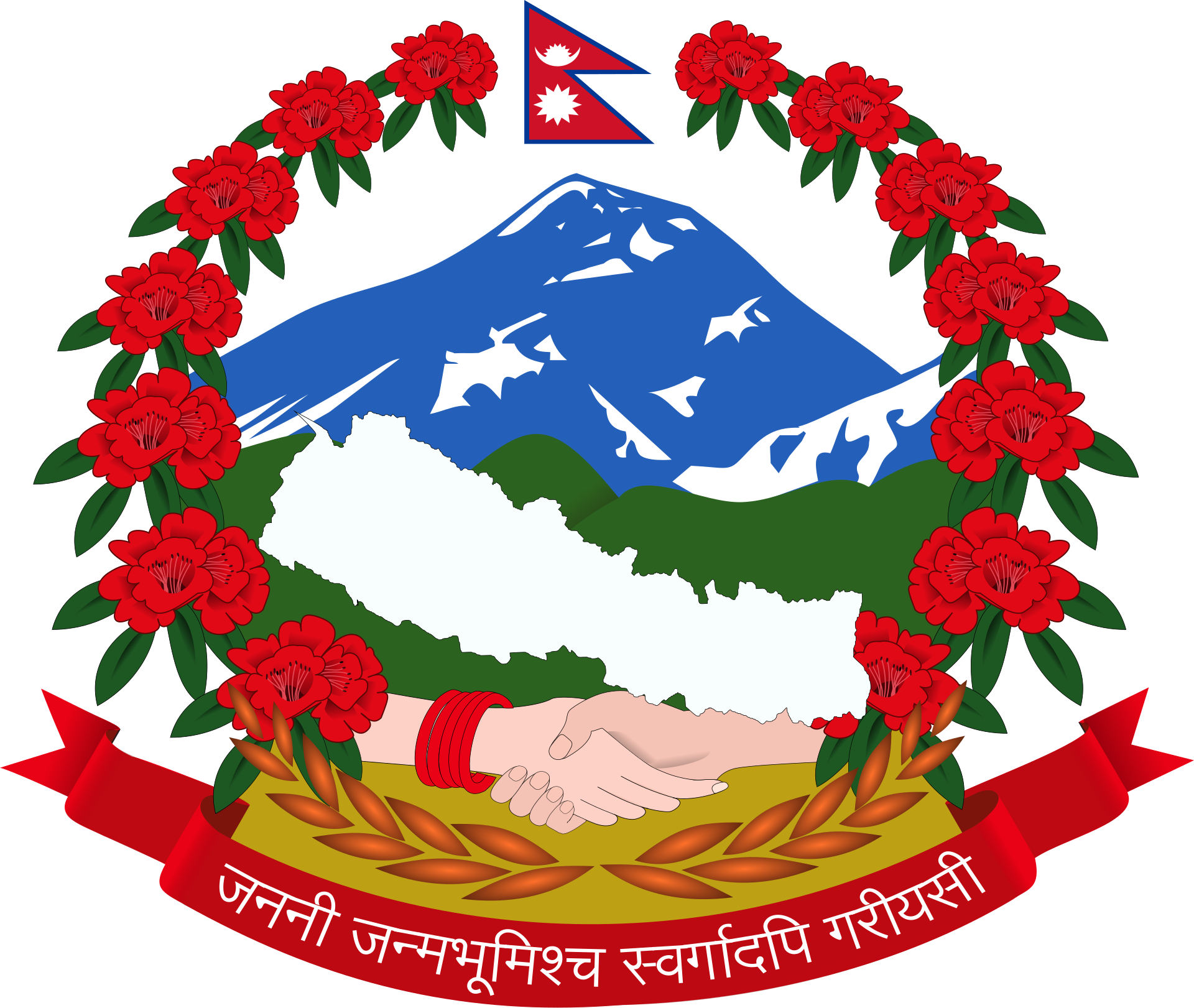प्रतिनिधि सभा सदस्य निर्वाचन, २०८२
दिन बाँकी


Important Notice

A.D.:
Nepal Samvat: 1146 CHILLAGA DWITIYA - 17



A.D.:
Nepal Samvat: 1146 CHILLAGA DWITIYA - 17
August 06, 2025, 02:24 PM
Distinguished Co-Chairs,
Excellencies, Dear Friends,
At the outset, let me thank the co-chairs for steering this thematic roundtable.
Science, technology and innovation must be utilized to accelerate economic development of LLDCs.
We must pursue the path of structural transformation for our sustainable development, inclusive growth, and prosperity.
We can transform our economies:
The structural transformation of our economy is essential to achieve Nepal’s national aspiration ‘Prosperous Nepal, Happy Nepali’.
This transformation helps Nepal’s endevour to become a middle-income country by 2030 and realize the SDGs.
For LLDCs, structural transformation is not a choice. But it is a necessity.
Excellencies,
Landlockedness should not be a reason for exclusion and marginalization.
We must overcome our geographical restrictions through regional cooperation and investment in science and technology.
The Awaza Program of Action is a roadmap towards that direction.
It focuses on structural transformation, diversification, and science, technology, and innovation (STI).
When paired with education, skills, and research, STI becomes a powerful engine of structural transformation that LLDCs are seeking for decades.
Excellencies,
For structural transformation, we must build infrastructure, both physical and digital, that links us to global markets.
We must improve our productive capacity.
We must empower Micro, Small and Medium scale enterprises including youth, and women entrepreneurs.
We must build regional cooperation through seamless connectivity that turns constraints into shared opportunities.
And, we must build a strong partnership among governments, development partners, private sector, and civil society to work in concert.
With renewed partnership, targeted investment, technology transfer, and capacity building support, LLDCs can transform themselves into a hub of growth, trade, innovation, and sustainable development.
Let us enhance our partnership to convert our wisdom into reality.
We can do it together. We can prosper together.
Thank you.
